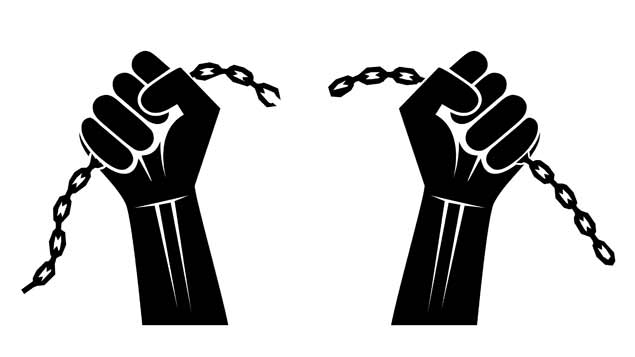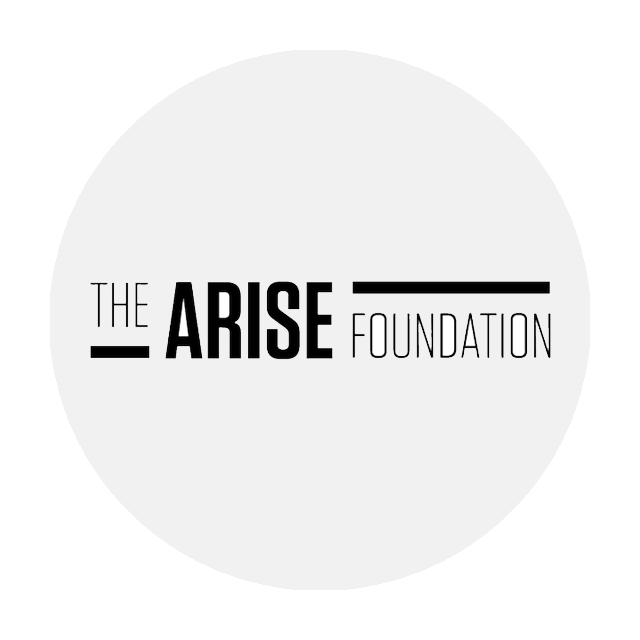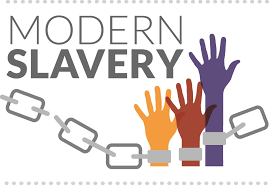Modern Slavery (Amendment) Bill (HL) 2021 Given Its First Reading In The House of Lords today. Time to prohibit the falsification of slavery and human trafficking statements; to establish minimum standards of transparency in supply chains; and to prohibit companies using supply chains which fail to demonstrate minimum standards of transparency.
It is a Bill “to prohibit the falsification of slavery and human trafficking statements; to establish minimum standards of transparency in supply chains; to prohibit companies using supply chains which fail to demonstrate minimum standards of transparency; and for connected purposes”
Section 54 of the Modern Slavery Act 2015 represented a major advance in our approach to corporate accountability – and at the time of its enactment I warmly welcomed this flagship legislation.
The Act requires business with a large turnover to produce a Modern Slavery Statement which, in turn, has precipitated significant internal scrutiny of the operations of supply chains, and, in many cases, significant investment in transparency.
However, in light of disturbing reports regarding the alleged complicity of UK registered businesses in forced labour abroad, it is clear that the UK consumer remains exposed to slave-made goods.
In addition, the Act still lacks an enforcement mechanism.
Currently, no penalties apply to companies which refuse to comply or which falsify their Modern Slavery Statements.
The Government maintains that it is the responsibility of civil society to hold businesses to account, but there is no meaningful process by which this can be achieved.
In 2018 the Independent Review into the Modern Slavery Act was published, making recommendations to address precisely these issues. These recommendations were not adopted by the Government.
In March 2021 the Business Energy and Industrial Strategy Select Committee of the House of Commons reported on an inquiry into Forced Uyghur Labour in UK Value Chains which reiterated many of the recommendations published in the 2018 Independent Review. Those recommendations were similarly rejected.
This Bill, which I am sponsoring, therefore seeks to create penalties for non-compliant companies together with a process by which civil society can hold them to account for abuses within their supply chains.
It also seeks to create minimum standards of transparency and disclosure, so that UK companies are clear about the standards expected of them.
The Bill is likely to be scheduled for a full scale House of lords Second Reading debate – and then Committee and Report Stages – later in the year.
Meanwhile, reports like this one, published in the Telegraph this week, demonstrate the scale of modern slavery in Xinjiang’s forced labour camps and which use Uyghur slave labour to produce goods sold into western markets by the Chinese Communist Party:




